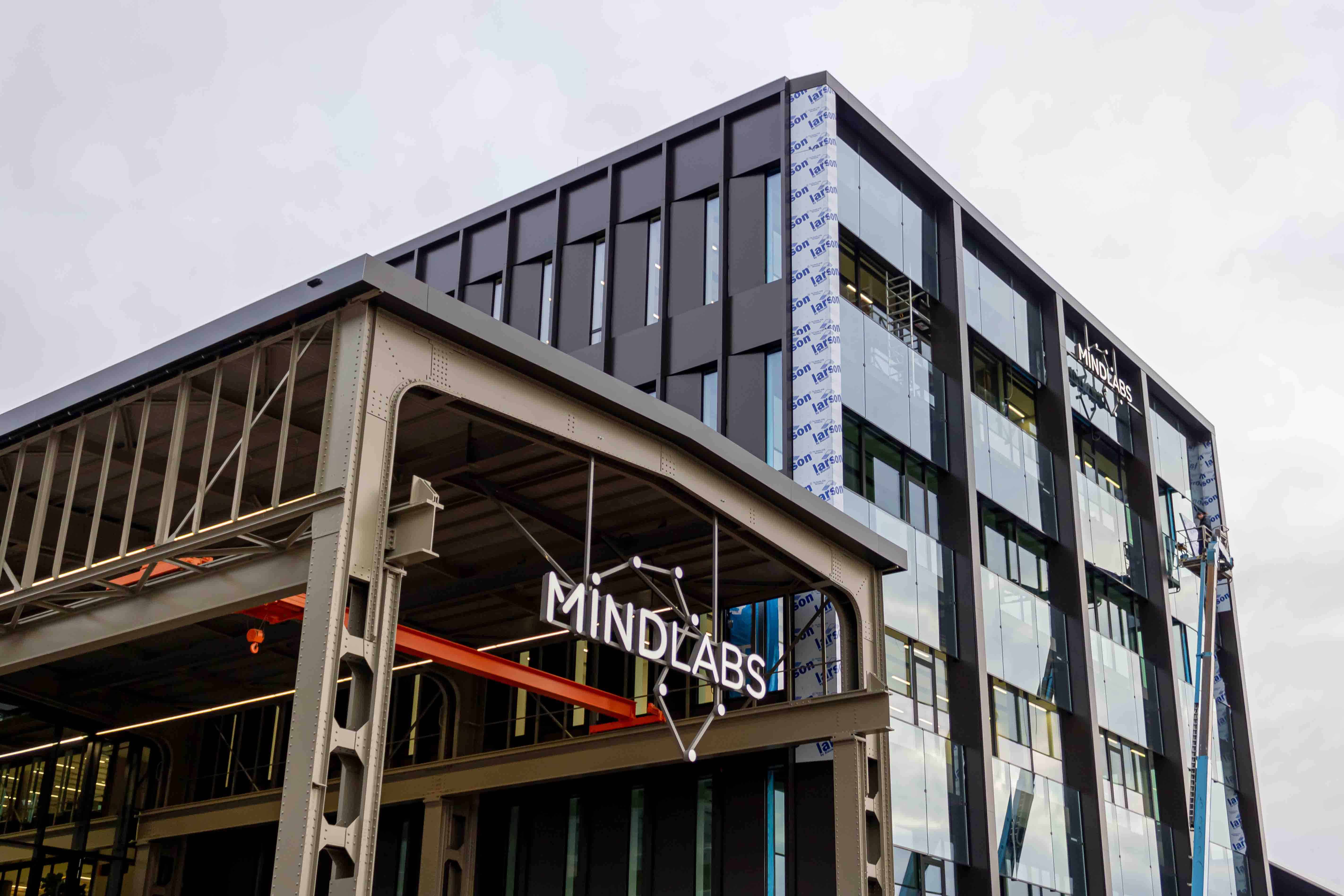
The climate is changing and we are all going to notice the consequences, all over the world. There are plenty of plans to prepare for this or even to reverse the process. But what can you, as an alderman of a medium-sized city in the Netherlands, contribute? What is the impact of a climate measure on a local level? Rik Thijs, Alderman Climate & Energy in Eindhoven, takes us through his dilemmas, his choices, and his ambitions once a month.
When we are at home, the heating is set to 16.5 degrees. In a 1930s house, this is sometimes quite cold, especially in cold weeks like we had in December. My friend had calculated that for a cold day, this costs between 35 and 40 euros (long live the smart meter). You read about energy prices, but with an amount like that, it becomes very concrete how expensive it is to keep your house warm. I am getting used to 16.5 degrees by now, but for many people, the energy crisis is really a problem. Think of parents with children, for example, who sit at home all day, are elderly, or need heat due to illness.
The energy crisis has three causes: climate change, the corona pandemic, and the war in Ukraine. The combination of these problems has led to a rise in energy prices. The impact on our daily lives is substantial, and there are no real solutions. At the heart of this energy crisis lies not only the conflict between Russia and Ukraine. It also requires a change in how the market works so that the low cost of renewable energy is reflected in the price customers pay. New energy sources are good, we should continue with those above all, but they do not solve the current crisis.

As a municipality, we can’t solve the energy crisis either. People need short-term financial help, especially now. We, therefore, help people with energy allowances. And since December, we have had handyman buses in Eindhoven. Together with the housing corporations, we will make homes in neighborhoods more energy efficient with straightforward measures. Especially for houses that are less well insulated and where energy poverty is greatest. The expert handymen will look in each house to see what is needed. A draft-free mailbox, radiator foil, insulated pipes, and LED bulbs. All for free. It seems like a small beer, but with a few small measures, energy consumption may be able to come down a bit.
On Newyear’s Day, it was 17 degrees. Many people embrace these record temperatures in January, because then the heating can be turned down. I get that, but those very high temperatures also indicate how fast climate change is going. However, winter is still a while away. This also inspires me to look into my home to see what I can do to make it more energy efficient, as we are doing for 14,000 homes in our city. A nice resolution for 2023, it seems to me.







